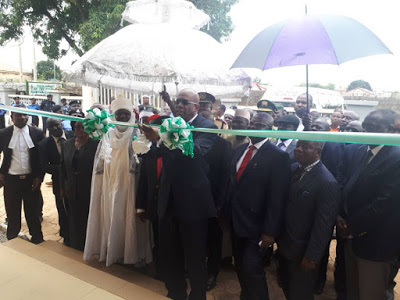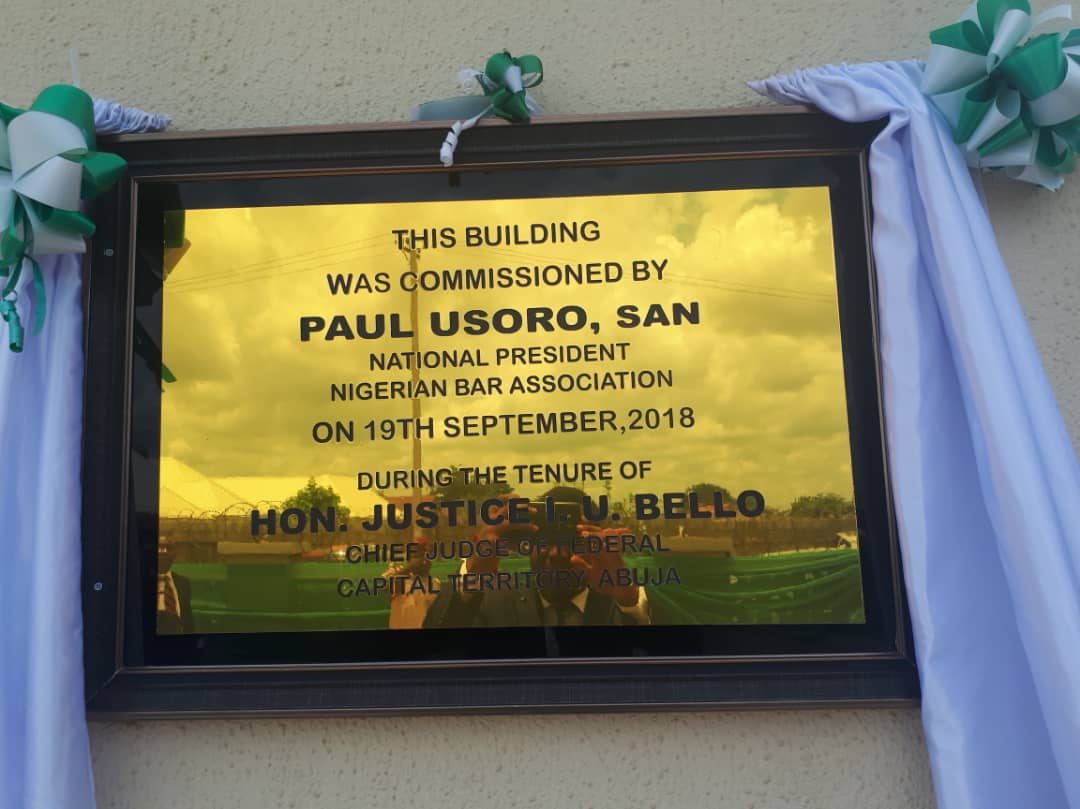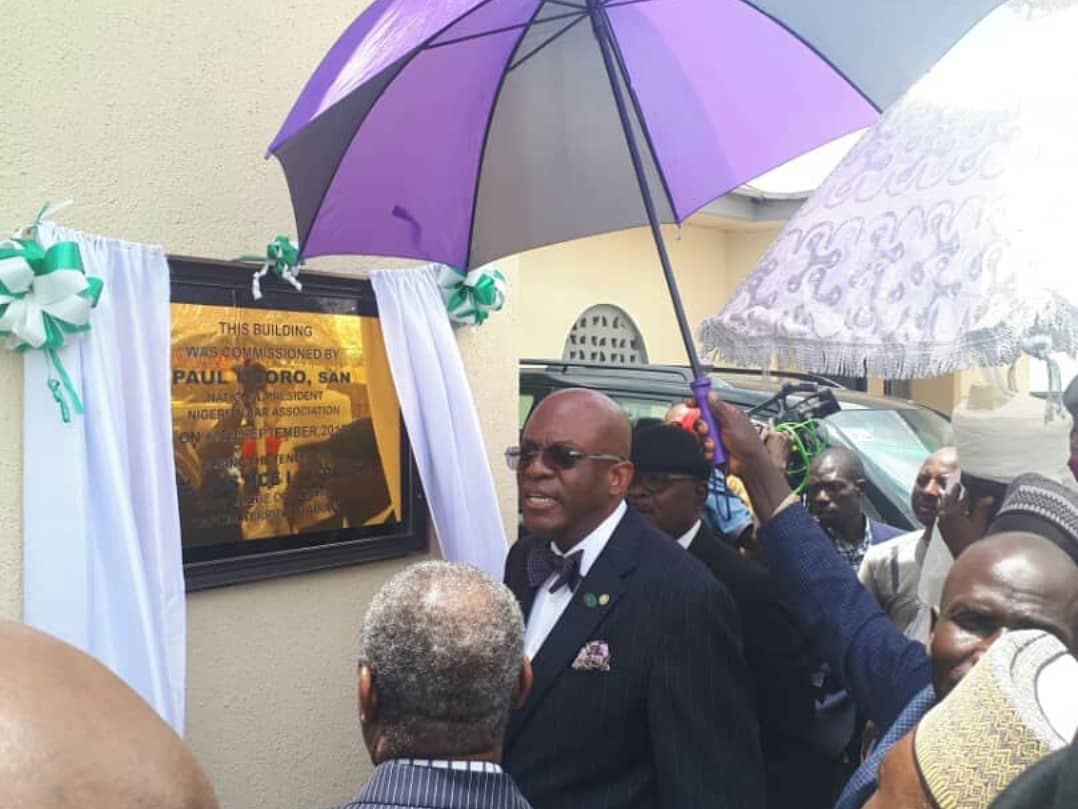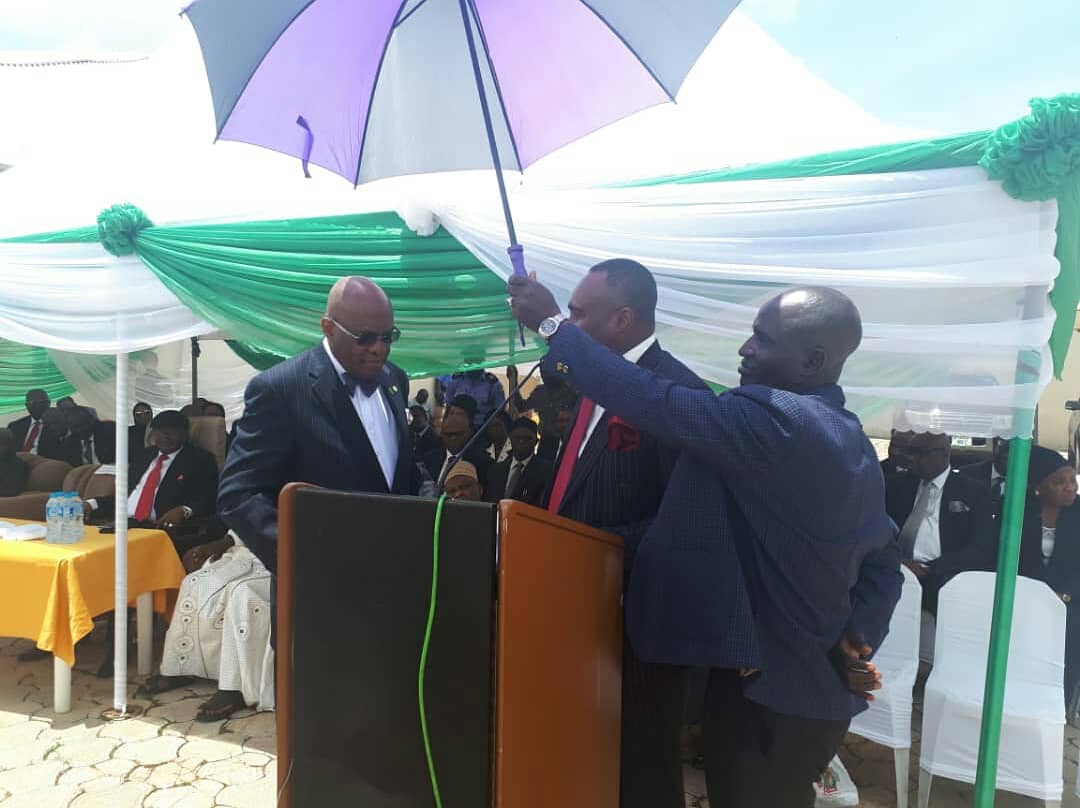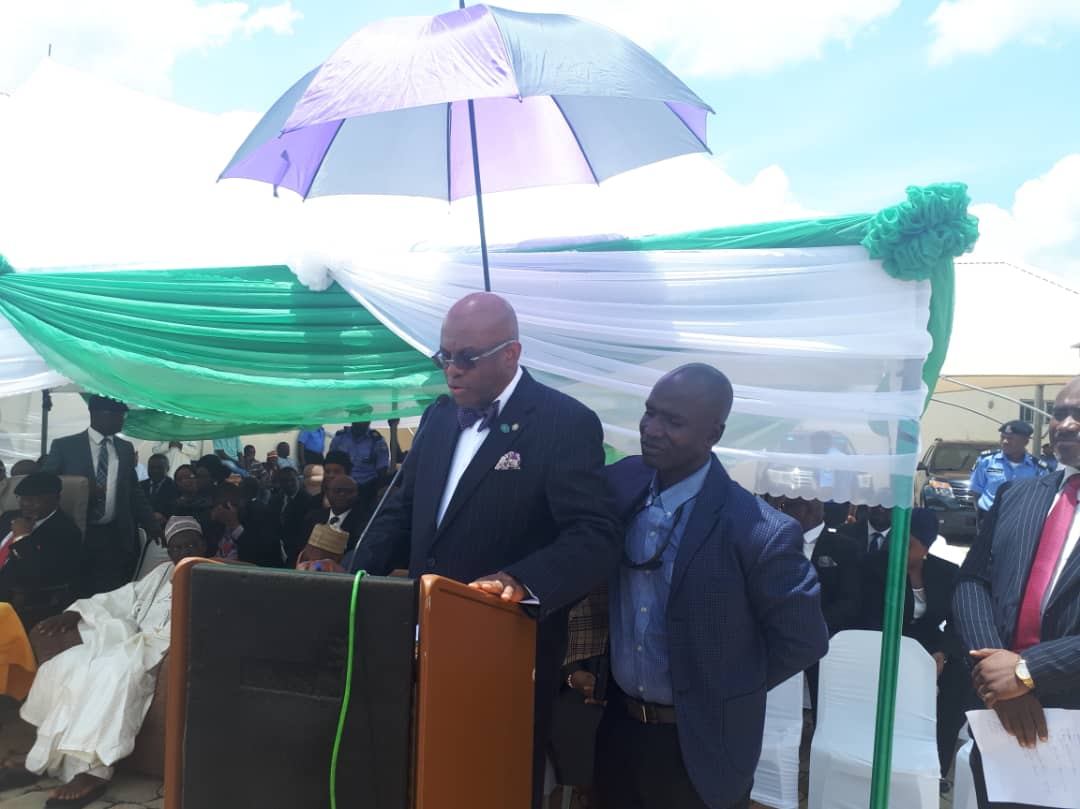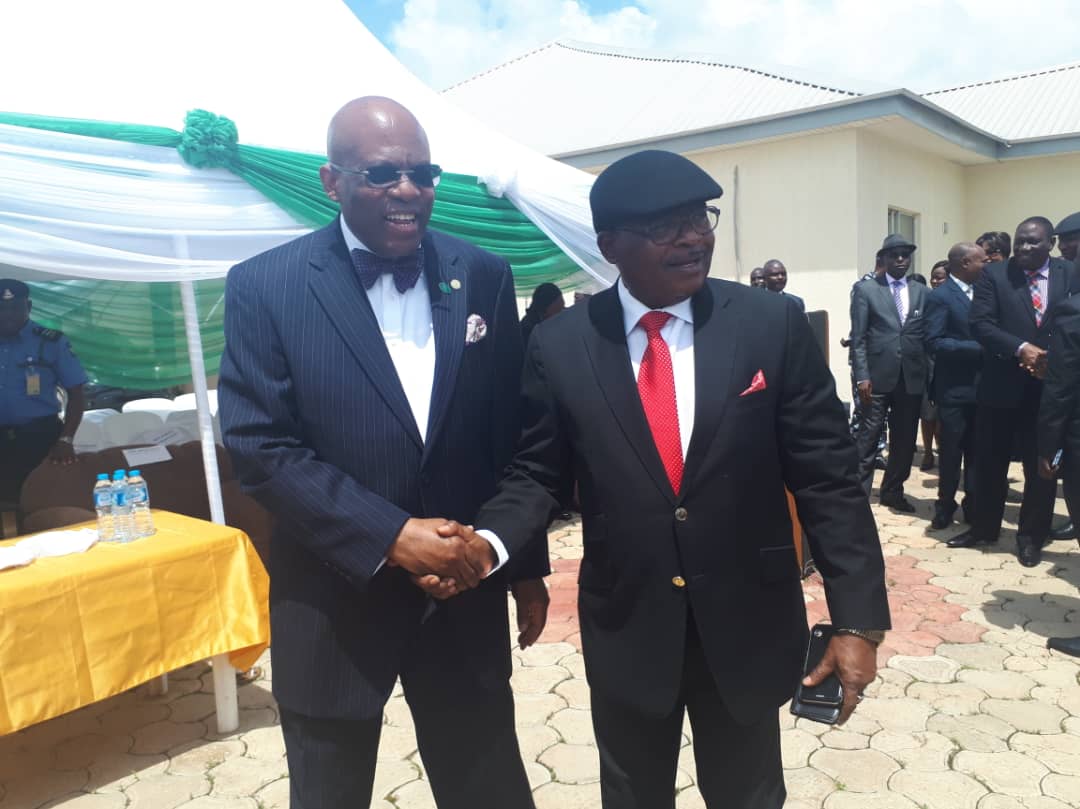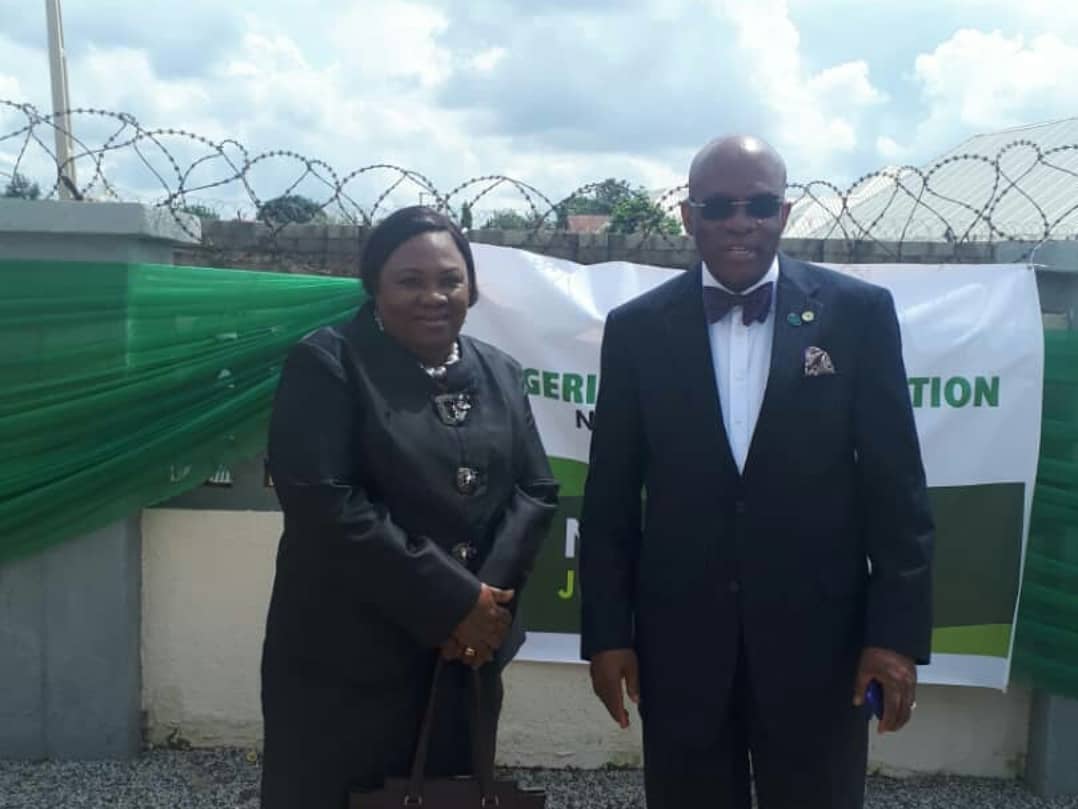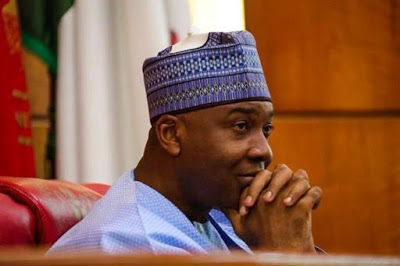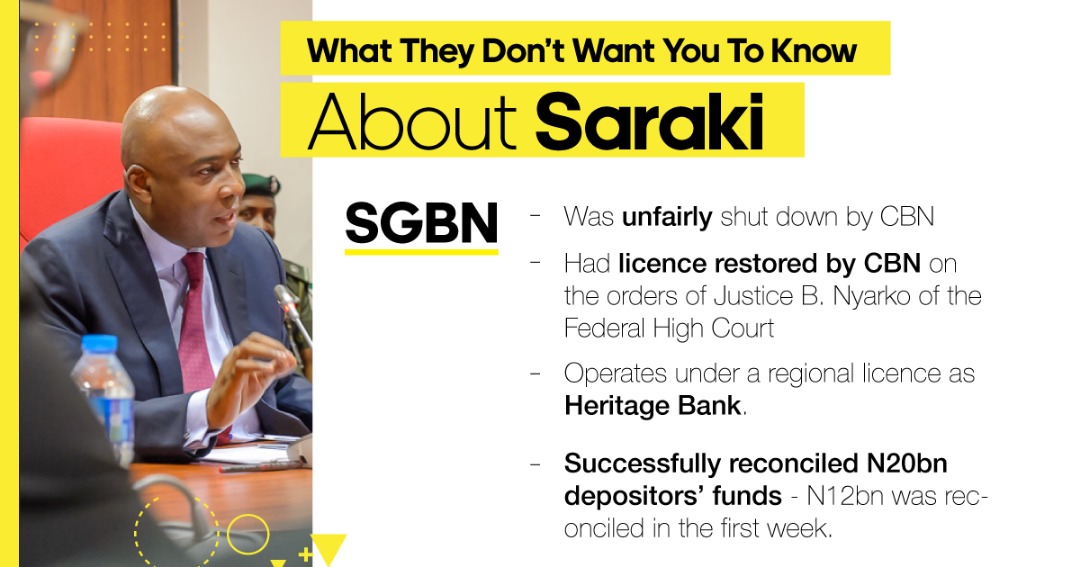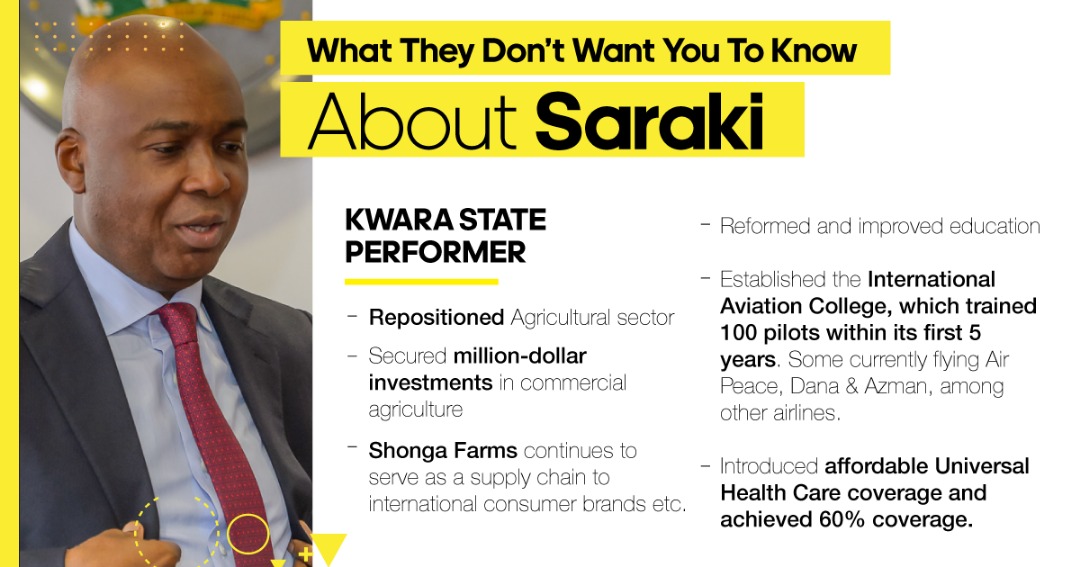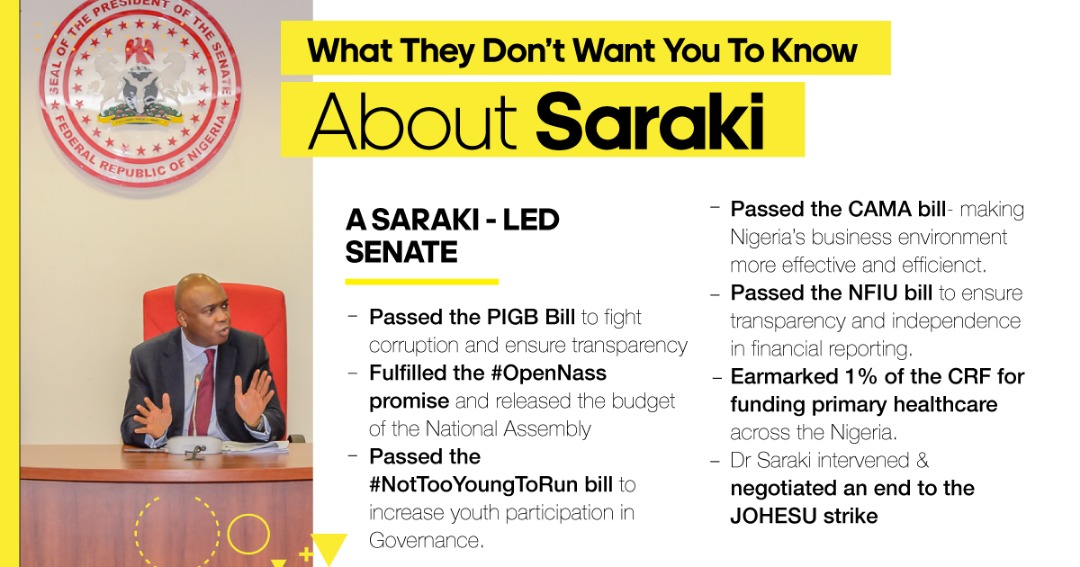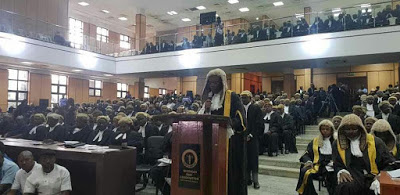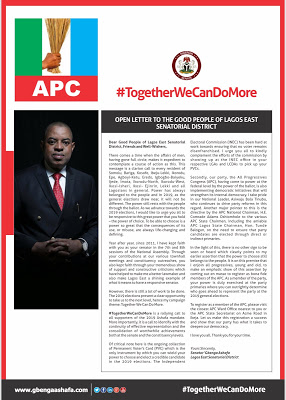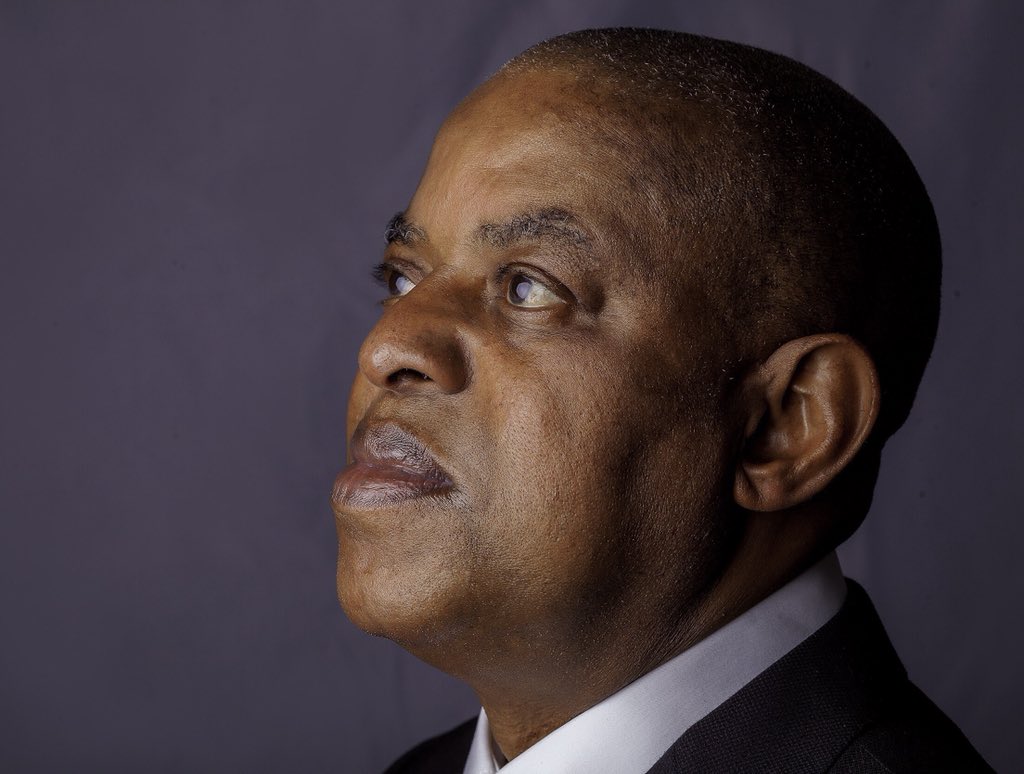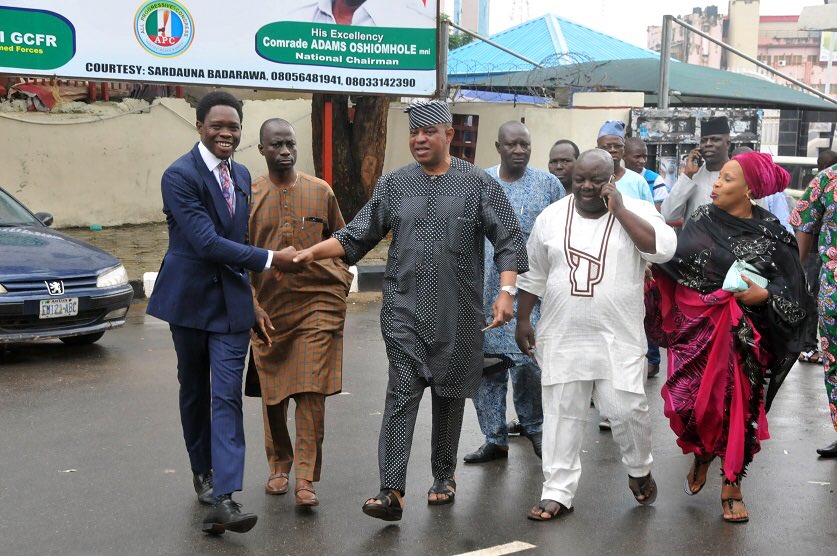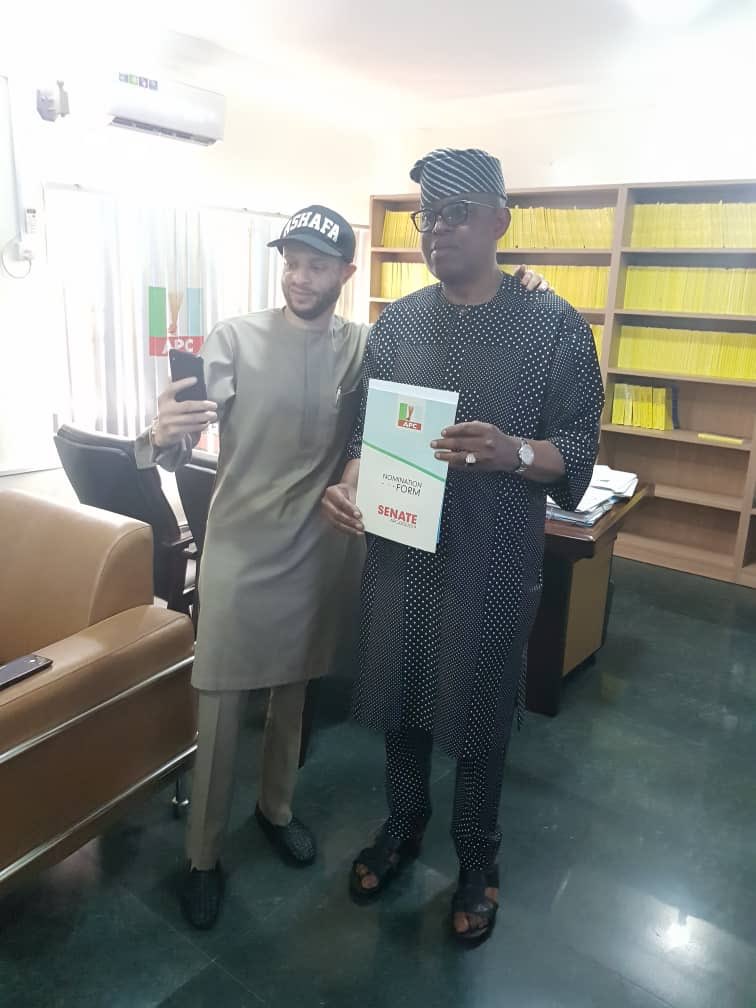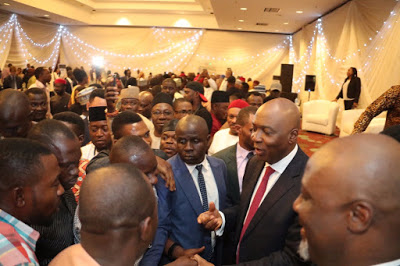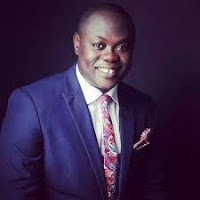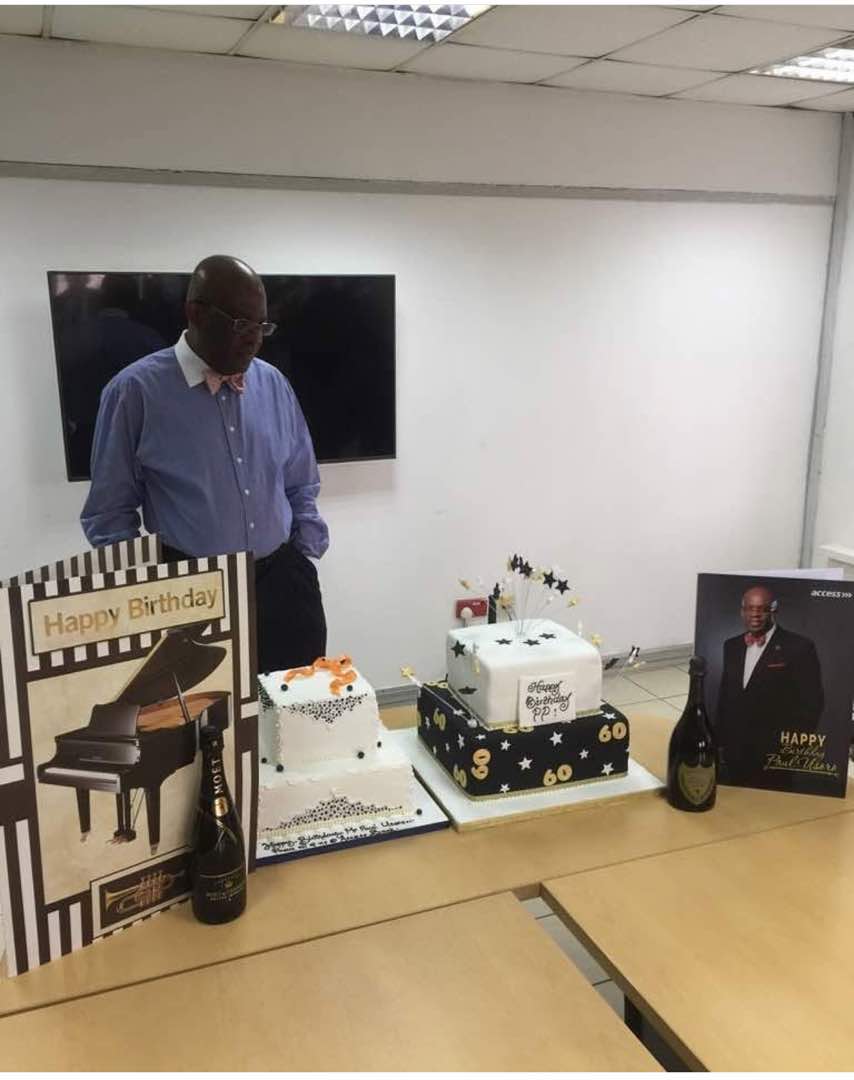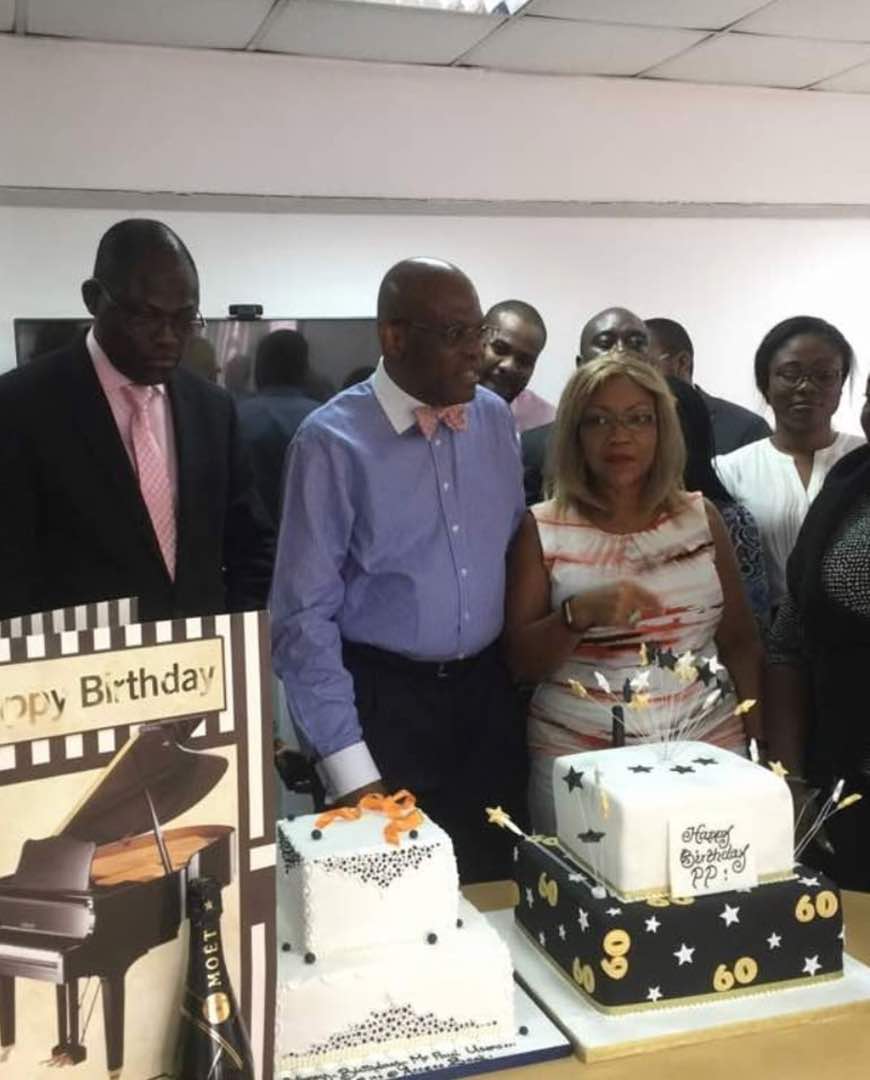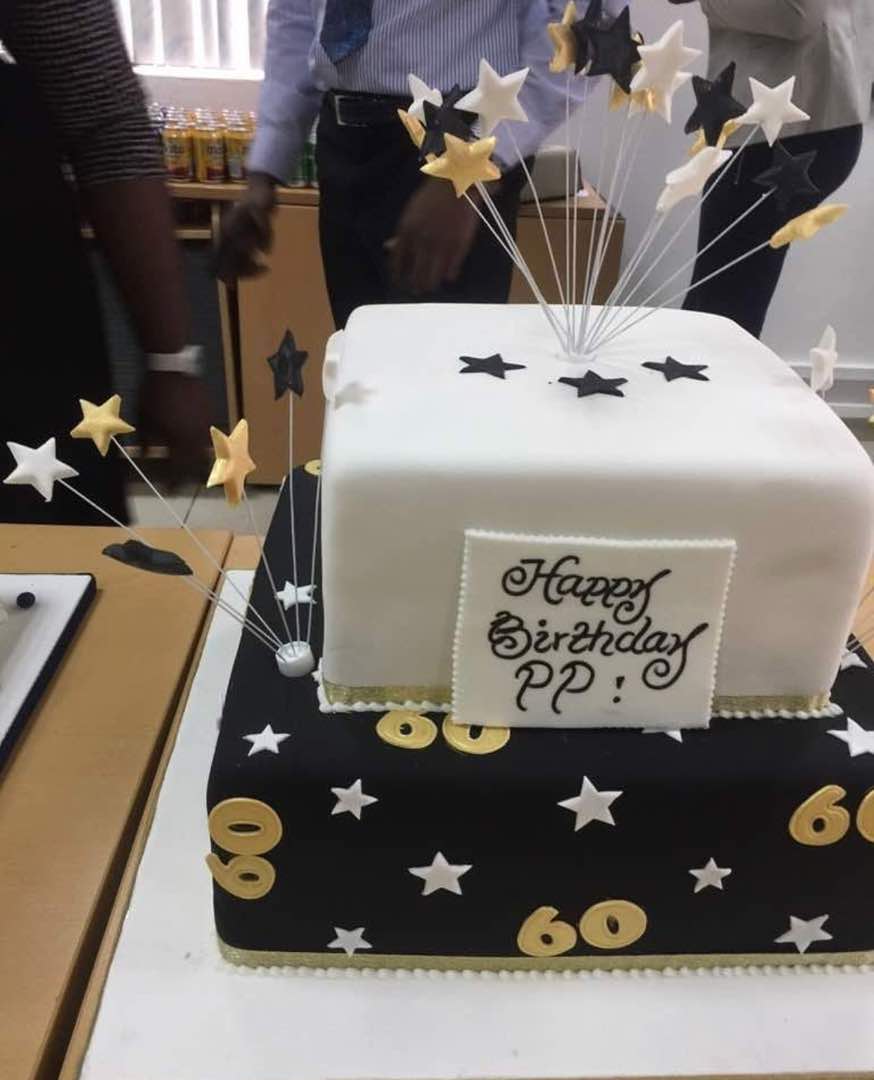The 8th Assembly Under the leadership of Dr. Abubakar Bukola Saraki compared to other Assemblies has achieved great feats in regard to its legislative duties. The 8th Assembly has achieved so much more in 3 years than what the 6th and 7th Assemblies achieved in a similar period.
The Bills passed by the Senate include:
1. National Railway Corporation Act 1955 N129 LFN 2004
(Repeal & Re-enactment Bill 2015
2. Bankruptcy and Insolvency Act CAP B2 LFN 2011 (Repeal and
Re-enactm ent) 2015
3. National Institute for Cancer Research and Treatment (est)
Bill 2015
4. Forestry Research Institute of Nigeria (est., etc) Bill 2015
5. Electronic Transaction Bill 2015
6. Agriculture Credit Guarantee Scheme Act (Amendment) Bill
2015
7. Commercial Agriculture Credit Scheme (Est,etc) Bill, 2015
8. Discrimination Against Persons with Disabilities
(Prohibition) Bill 2015
9. National Poverty Eradication Commission (Est,etc)Bill
2015
10. North East Development Commission (NEDC) (Est,etc) Bill
2015
11. Erosion Control and Prevention Commission (Est, etc)
Bill, 2015
12. Counterfeit and Fake Drugs and Unwholesome Processed
Foods (Miscellaneous provision) Amendment Bill 2015
13. Federal University of Petroleum Resources Effuru (Est,
etc) Bill 2015
14. Food Security Bill 2015
15. Nigerian Agricultural Quarantine Service (Establishment,
etc) Bill 2015
16. Environmental Managers Registration Council of Nigeria
(Establishment, etc) Bill 2015
17.Nigeria Institute of Soil Science (Establishment, etc)
Bill 2015
18. Nigeria Football Federation (Establishment, etc) Bill
2015
19. National Sports Commission (Establishment, etc) Bill
2015
20. Federal Competition and Consumer Protection Bill 2015
21. Witness Protection Programme Bill 2015
22. Supplementary Appropriation Bill 2015
23. Defence Space Agency (Establishment, etc) Bill 2015
24. High Court of the Federal Capital Territory Abuja
(Amendment) Bill 2015
25. Air Force Institute of Technology (Establishment, etc)
Bill 2015
Credit Bureau Reporting Bill 2015
26. 2015 Appropriation Act (Amendment) Bill 2015
27. 2016
Appropriation Bill
28. Federal Roads Authority (Establishment, etc) Bill 2016
29. National Assembly Budget and Research Office
(Establishment, etc) Bill 2016
30. Mutual Assistance in Criminal Matters Bill 2016
31. Federal Capital Territory Statutory Appropriation Act
(Amendment) Bill 2016
32. Federal University of Petroleum Resources Effurun Bill
2016
33. National Lottery Act 2005 (Amendment) Bill 2016
34. Electoral Act №6 2010 (Amendment) Bill 2016
35. Public Procurement Act (Amendment) Bill 2016
36. Petroleum Industry Governance Bill 2016
37. National Inland Waterways Act Cap N47 LFN 2004 (Repeal
and Re-enactment) Bill 2016
38. Nigerian Ports and Harbours Authority Act (Amendment)
Bill 2016
39. JAMB Act (Amendment) Bill 2016
40. Nigerian Customs Service Bill 2016 and Nigerian Customs
Service Act (Repeal and Re-enacment) Bill 2016
41. Warehouse Receipts Bill 2016
42. Secured Transactions in Movable Assets Bill 2016
43. Sexual Harassment in Tertiary Educational Institution
Bill 2016
44. Federal University of Wukari (Establishment, etc) Bill
2016
45. Maritime University of Nigeria, Okerenkoko
(Establishment, etc) Bill 2016
2016 FCT Appropriation Bill
46. Appropriation Bill, 2017
47. Nigerian Peace Corps (Establishment, etc) Bill 2015 and
the National Unity and Peace Corps (Establishment, etc) Bill 2015
48. National Open University of Nigeria Act (Amendment) Bill
2017
49. Federal University of Maritime Studies, Oron Bill, 2017
50. National Institute for Legislative Studies Act
(Amendment) Bill 2017
51. National Research and Innovation (Est, etc.) Bill, 2017
52. Compulsory, Free Universal Basic Education Act 2004
(Amendment) Bill 2016 and Universal Basic Education Act 2003 (Amendment) Bill
2016
53. Nigeria Financial Intelligence Agency (Est, Etc.) Bill,
2017
54. Institute of Chartered Biochemist and Molecular
Biologist Bill, 2016
55. Whistle Blowers Protection Bill 2015
56. Abduction, wrongful restraints and wrongful confinement
for ransom bill 2017
57. Prohibition and Protection of persons from lynching, mob
action and Extra Judicial Executions Bill, 2017
58. Nigerian Tourism Development Corporation Act (Repeal and
Re-enactment) Bill 2017
59. Hydroelectric Power Producing Area Development
Commission (Amendment) Bill 2015
60. Chartered Institute of Entrepreneurs (est., etc.) Bill
2015
61. Chartered Institute of Capital Market Registrars Bill
2017
62. Presidential Inauguration Bill 2016
63. National Institute for Hospitality and Tourism
(Establishment, etc) Bill 2016
64. FCT Statutory Appropriation Bill 2017
65. Niger Delta Development Commission (NDDC) Act
(Amendment) Bill, 2017
66. Federal University of Agriculture Kaaba (Establishment,
etc) Bill 2016
67. Federal Colleges of Education Act (Amendment) Bill 2017
68. Niger Delta Development Commission (Amendment) Bill 2017
69. Nigeria Arabic Language Village, Ngala (Establishment,
etc.) Bill, 2017
70. Nigeria French Language Village, Badagry (est., etc.)
Bill, 2017
71. Demutualization Bill, 2017
72. The Revised Edition (Laws of the Federation of Nigeria)
Bill, 2018
73. 2017 FCT Appropriation Act (Amendment) Bill, 2018
74. Arbitration and Conciliation act cap A18 LFN 2004(Repeal
and re-enactment) Bill 2018
75. Emergency Powers (Repeal and re-enactment) Bill, 2018
76. Federal University Gashua (establishment, etc.) Bill,
2018 (SB459)
77. National Transport Commission (Est., etc.) Bill, 2018
(SB. 242)
78. Real Estate (Regulation and Development) Bill, 2018 (SB.
216)
79. River Basin Development Act CAP R9 LFN 2004 (Amendment)
Bill, 2018 (SB. 358)
80. National Centre for Disease Control Prevention
(Establishment, etc) Bill, 2018 (SB. 256)
CONCURRENCE BILLS PASSED BY THE
SENATE SINCE JUNE 9TH 2015
81. Environmental Health Officers (Registration, etc.) Act (Amendment) Bill,
2016
82. Federal University of Petroleum Resources, Effurun Bill,
2016
83. National Judicial Institute Act (Amendment) Bill 2016
84. Prevention of Crimes Act (Amendment) Bill 2016
85. Water Resources Act (Amendment) Bill 2016
86. Endangered Species (Control of International Trade and
Traffic) Act (Amendment) Bill 2016
87. Agricultural and Rural Management Training (Amendment)
Bill 2016
88. Telecommunications and Postal Offences Act (Amendment)
Bill, 2016
89. Treaty to Establish African Economic Community Relating
to the Pan-African Parliament (Accession and Jurisdiction) Act (Amendment) Bill
2016
90. Utilities Charges Commission Act (Amendment) Bill 2016
91. Chartered Institute of Stockbrokers Act (Amendment)
Bill, 2016
92. Petroleum Product Pricing Regulatory Agency Act
(Amendment) Bill, 2016
93. Petroleum Training Institute Act (Amendment) Bill, 2016
94. Quantity Surveyors (Registration, etc.) Act (Amendment)
Bill 2016
95. Bees (Import Control and Management) Act (Amendment)
Bill 2016
96. Advertising Practitioners (Registrations, etc.) Act
(Amendment) Bill 2016
97. World Meteorological Organization (Protection) Act
(Amendment) Bill, 2016
98. Currency Conversion (Freezing Orders) (Amendment) Bill
2016
99. Builders (Registration, etc.) Act (Amendment) Bill 2016
100. Town Planners (Registration, etc.) Act (Amendment) Bill
2016
101. University of Abuja Act (Amendment) Bill, 2016
102. Corrupt Practice and other Related Offences Act
(Amendment) Bill, 2016
103. Small and Medium Scale Enterprises Development Agency
(Amendment) Bill 2016
104. National Agricultural Land Development Authority Act
(Amendment) Bill 2016
105. Produce (Enforcement of Export Standards) (Amendment)
Bill 2016
106. National Crop Varieties and Livestock Breeds
(Registration etc.) Act (Amendment) Bill 2016
107. National Archives Act (Amendment) Bill, 2016
108. Value Added Tax Act (Amendment) Bill, 2016
109. Advance Fee Fraud and Other Fraud Related Offences Act
(Amendment) Bill, 2016
110. Chartered Institute of Human Capital Development of
Nigeria Bill 2016
111. Dangerous Drugs Act (Amendment) Bill, 2016
112. Chartered Institute of Loan and Risk Management of
Nigeria Bill 2016
113. Veterinary Surgeons Act (Amendment) Bill, 2016
114. Federal Capital Territory Civil Service Commission Bill
2016
115. Chartered Institute of Public Management Bill 2016
116. Nigerians in Diaspora Commission (Establishment) Bill
2016
117. Oaths Act (Amendment) Bill, 2016
118. Institute of Local Government and Public Administration
Bill 2016
119. Chartered Institute of Project Management of Nigeria
(Establishment) Bill 2016
120. Nigerian Council for Social Work (Establishment, etc.)
Bill 2016
121. Code of Conduct Bureau and Tribunal Act (Amendment)
Bill, 2016
122. Mortgage Institutions Act (Amendment) Bill, 2016
123. National Film and Video Censors Board Act (Amendment)
Bill, 2016
124. Official Secrets Act (Amendment) Bill, 2016
125. Federal Capital Territory Districts Courts Act
(Amendment) Bill, 2016
126. Pensions Rights of Judges Act (Amendment) Bill, 2016
127. Anti-Torture Bill, 2016
128. Federal Capital Territory Hospitals Management Board
(Establishment, etc.) Bill, 2016
129. National Child Protection and Enforcement 2016
130. Police Procurement Fund Bill, 2016
131. Federal Capital Territory Water Board Bill 2016
132. Senior Citizen Centre Bill, 2016
133. Animal Health and Husbandry Technologist (Registration,
etc.) Bill 2016
134. Compulsory Treatment and Care of Victims of Gunshots,
Bill 2016
135. Corporate Manslaughter Bill 2016
136. Railway Loan (International Bank) (Amendment) Bill,
2016
137. Legislative Houses (Powers and Privileges) Act
(Amendment) Bill, 2016
138. Chartered Institute of Export and Commodity Brokers of
Nigeria Bill, 2017
139. Avoidance of Double Taxation Between the Federal
Republic of Nigerian and the Kingdom of Spain Bill, 2017
140. Avoidance of Double Taxation Between the Federal
Republic of Nigerian and the Republic of South Korea Bill, 2017
141. National Postgraduate College of Medicine Laboratory
Science Bill, 2017
142. Avoidance of Double Taxation Between the Federal
Republic of Nigerian and the Kingdom of Sweden Bill, 2017
143. National intelligence Agency Pension Bill 2017
144. Nigeria Academy of Science (establishment etc.)
145. Chartered Institute of Treasury Management (Est, Etc.)
Bill 2017
146. Federal School of Medical Laboratory Technology Science
(Est, Etc.) Bill 2017
Franchise Bill
147. Federal College of Dental Technology and Therapy Bill,
2017 (HB1,018)
148. Federal Capital Territory Transport Authority
(Establishment) Bill HB. 91
149. Nigerian Automotive Industry Development Plan (Fiscal
Incentives Assurances and Guarantees) Bill, 2017 HB. 896
150. Chartered Institute of Customer Relationship Management
Bill, 2017 HB. 69
151. Dishonoured Cheques (Offences) Act (Amendment) Bill,
2017
152. Vigilante Group of Nigeria (Est., etc.) Bill, 2017
HB718
153. Subsidiary Legislation (Legislative Scrutiny) Bill,
2017 HB13
154. Courts and Tribunal Fines and Financial Penalties Bill,
2017 HB 642
155. Radiographers (Registration, etc.) Act (Amendment)
Bill, 2017 HB 676
156. Medical Residency Training Bill, 2017 (HB.982)
157. National Road Funds (Est, etc.) Bill, 2018
158. National Climate Change Bill (HB1020)
159. National Agricultural Seeds Council Bill, 2018 (HB.
472)
160. Chartered Institute of Logistics and Transport of
Nigeria Bill, 2018 (HB. 973)
161. National Security Agencies Protection of Officers
Identity Bill, 2018 (HB. 830)
162. Institute of Environmental Practitioners of Nigeria
(HB. 1022)
163. National Biotechnology Development Agency (Est., etc.)
Bill, (HB. 33)
164. Nigeria Aeronautical Search and Rescue Bill, 2018 (HB.
139)
165. Federal Audit Service Commission Bill (HB. 107)
166. Pharmacy Council of Nigeria (est., etc.) Bill, 2018 (HB
364 & 656)
167. Digital rights and freedom bill, 2018(HB490)
168. Energy Commission Act (Amendment) Bill, 2018(HB72 &
446)
CONSTITUTIONAL ALTERATION BILLS PASSED
169. Alteration of the Constitution to provide for time passage of laws
(assent)
170. Alteration of the Constitution to provide for funding
of the State Houses of Assembly directly from the Consolidated Revenue Fund.
171. Alteration of the Constitution to include former heads
of the NASS in the council of state.
172. Alteration of the Constitution to reduce the period
within which the President or Governor may authorise withdrawal from the CRF in
absence of an appropriation act from 6 to 3 months.
173. Alteration of the Constitution to provide for immunity
of legislature in respect of words spoken or written at plenary…
174. Alteration of the Constitution to abrogate the State
Joint Local Govt Accounts and empower each local govt council to maintain its
own special account.
175. Alteration of the Constitution to strengthen local govt
administration in Nigeria
176. Alteration of the Constitution to provide the INEC with
sufficient time to conduct bye-elections and grounds for de-registration of
political parties.
177. Alteration of the Constitution to delete the public
complaints commission Act from the constitution.
178. Alteration of the Constitution to delete the National
Securities Agencies Act from the constitution.
179. Alteration of the Constitution to delete the National
Youth Service Decree from the Constitution.
180. Alteration of the Constitution to delete state
independent electoral commission from the constitution.
181. Alteration of the Constitution to specify the period
within which the President or Governor shall present the Appropriation Bill
before NASS or SHA
182. Alteration of the Constitution to reduce the age for
the qualification for the offices of president, house of reps and state house
of assembly.
183. Alteration of the Constitution to reflect the
establishment of the ISA in the constitution.
184. Alteration of the Constitution to remove law making
powers from the Executive Arm of Govt.
185. Alteration of the Constitution to provide for the
procedure for passing a constitution alteration bill, where the president
withholds assent.
186. Alteration of the Constitution to reflect the
establishment and core functions of the Nigeria Security and Civil Defence
Corps.
187. Alteration of the Constitution to provide time for the
determination of pre-election matters.
188. Alteration of the Constitution to further strengthen
the judiciary for speedy dispensation of justice.
189. Alteration of the Constitution to establish the AGF and
separate the office from that of the minister for justice (likewise in the
states).
190. Alteration of the Constitution to establish the office
of the accountant general of the federal govt separate from the office of the
accountant general of the federation
191. Alteration of the Constitution to make the office of
the auditor general of the federation and states financially independent by
placing them on the CRF (states).
192. Alteration of the Constitution to disqualify a person
sworn-in as president or governor to complete the term of the elected person
from being elected to the same office for more than a single term.
193. Alteration of the Constitution to change the name of
the police from the Nigerian Police Force to the Nigerian Police.
194. Alteration of the Constitution to provide for
independent candidature in elections.
195. Alteration of the Constitution to provide for a change
in the names of some local govt councils.
196. Alteration of the Constitution to provide for the
appointment of a minister from the FCT to ensure FCT is represented in the FEC.
197. Alteration of the Constitution to require the President
and Governor to submit names of nominated ministers or commissioners within
thirty days of taking the oath of office for confirmation.
